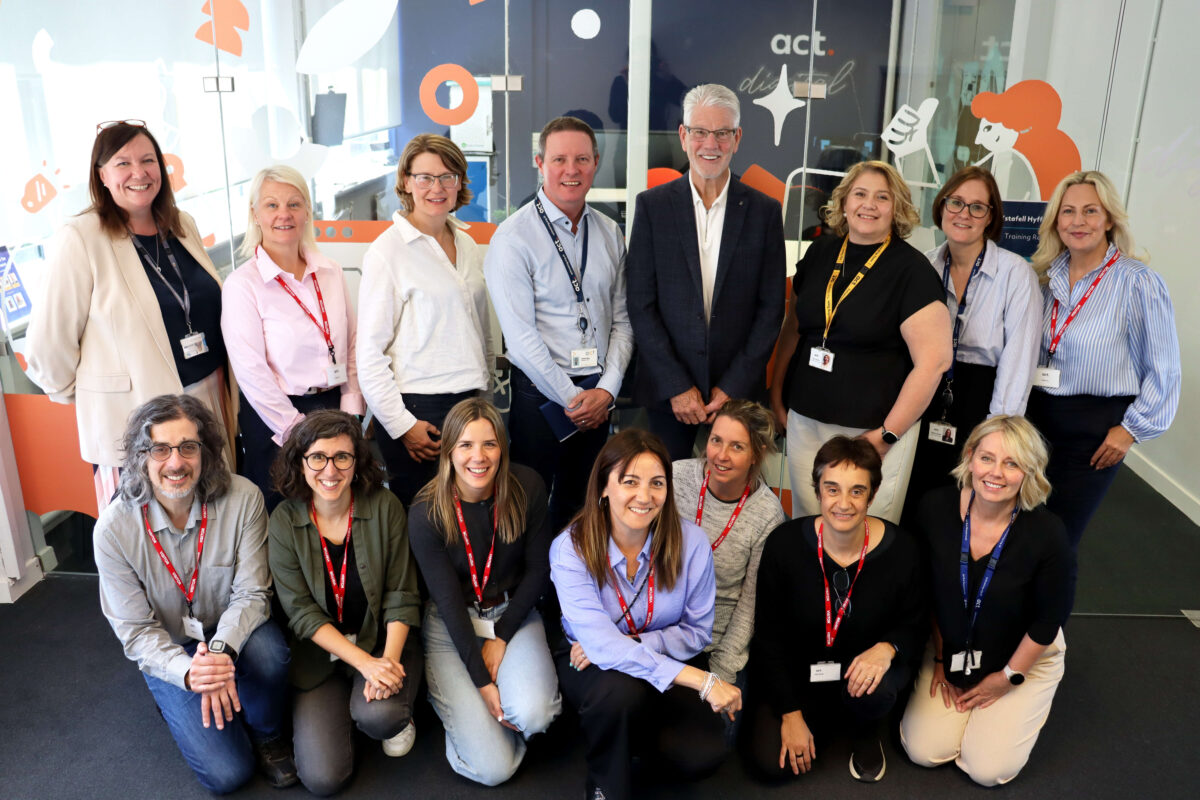A green revolution is on the horizon for school transport
School leaders throw weight behind EVs as the future of school travel
A green revolution is on the horizon for school transport, according to a survey into school leaders across the UK.
This is a central finding of a nationally representative survey of 250 school leaders, conducted by school transport technology specialist Kura. According to the research, nearly half (45.2%) of school leaders believe that electric buses will be the next great differentiator in home-to-school travel, over reduced car use and more pupils walking to school.
Encouragingly one in five schools (21.6%) – equating to thousands of schools across the UK – have already put in place concrete plans to introduce electric transport into their fleets over the coming years. However, only a further 18% have any intentions to explore this area in future, indicating a cognitive dissonance between what school leaders and parents would like to see, and what schools actually intend to implement.
When asked about the barriers to implementation, a fifth of schools (21.6%) cited cost as an issue, claiming that electric vehicles are currently too expensive to be a viable option. A further one in eight schools (12.4%) highlight a lack of supporting infrastructure, such as charging points, as the reason they cannot invest in zero-emission transport, indicating a need for greater support from Government and local authorities to support the green transition in schools.
Schools also reported that, despite the fact that nearly a third of schools (31.2%) have already invested in measures to improve their carbon footprint, electric transport was not seen as a priority by 12.4% of schools, rising to 17.4% of independent schools.
The school run currently contributes as much as a quarter of rush hour traffic, due to the overuse of low occupancy cars instead of alternative transport options. This results in a significant amount of damaging exhaust emissions being released into the air close to schools, which adversely impacts air quality. Estimates from Unicef suggest that up to two-thirds of the toxic air particulates children breathe is during school hours, which can impair health and cognitive development over time, and has even recently been linked to rising obesity risk.
Godfrey Ryan, CEO of Kura, said:
“Given the wider societal shift towards cleaner, greener methods of transport, it is little surprise that schools looking to improve their own carbon footprint are now following suit.
“We have seen a growing trend in schools looking to proactively combat the environmental danger of the school run, however more must be done to meet rising pupil and parental expectations if schools are to remain ahead of the curve. The move towards electric cars will go some of the way towards solving the issue but, speaking realistically, schools must do more to take cars off the road altogether, from both a congestion and pupil safety perspective – for which sustainable shared transport is key.
“While the initial investment required to transition to electric buses may seem to be a barrier, schools that take the leap now, and begin putting plans in place ahead of the new academic year, will become the school of choice in their area for environmentally-conscious parents and pupils alike. Simply enough, the question is increasingly not whether schools can afford to invest in a greener school run, but rather whether they can really afford not to.”











Responses